ODI Summit 2020 - The ODI
The Open Data Institute invites people from across the globe to join and discuss how humanity can harness the power of data in a changing world.
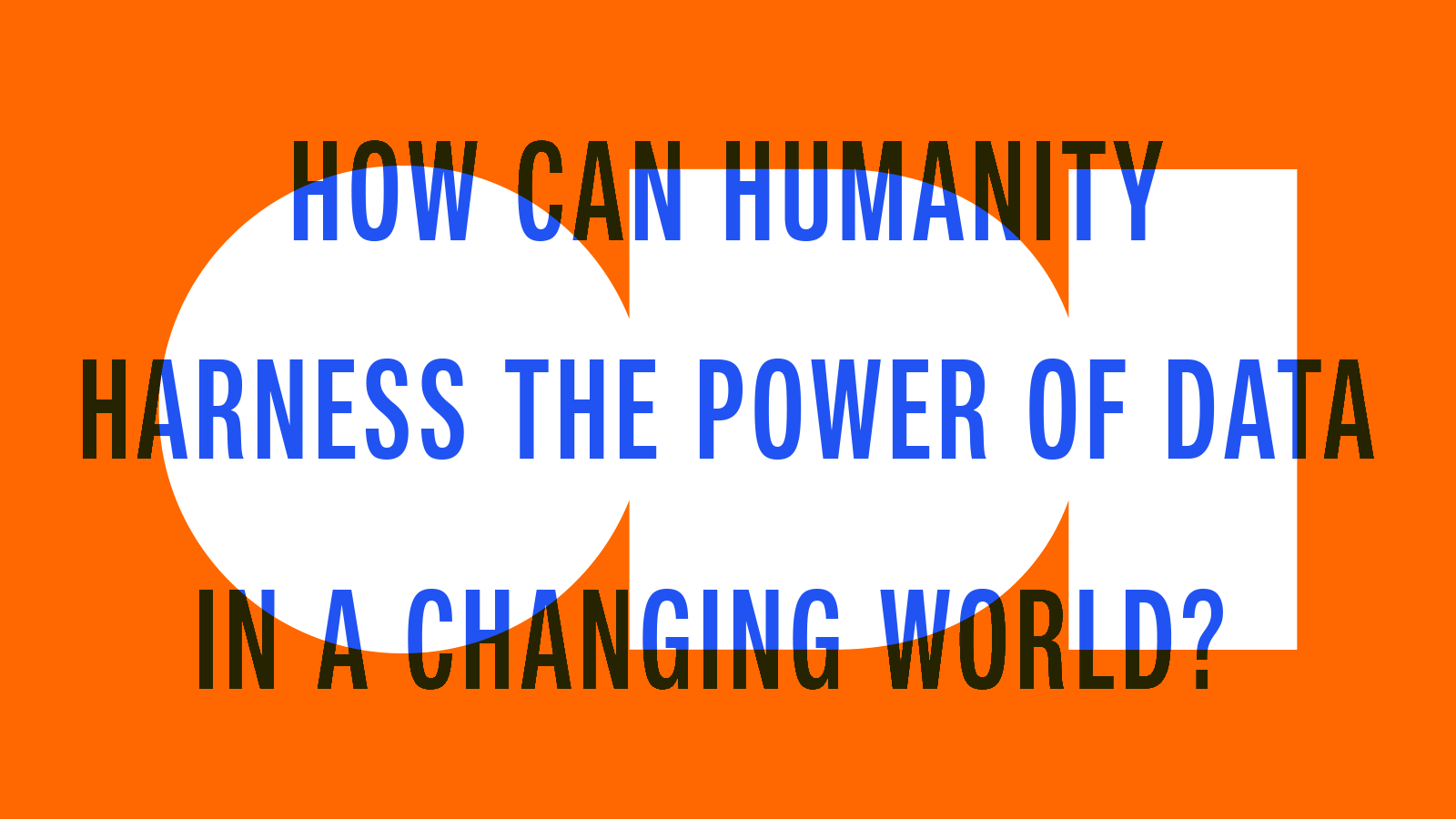
Send us a link
The Open Data Institute invites people from across the globe to join and discuss how humanity can harness the power of data in a changing world.

The volume of data stored in research institutions is growing, and the rate at which it is growing is accelerating. Spending and effort and resources are being duplicated needlessly, and so this opinion piece argues for the establishment of a national infrastructure for research data management.
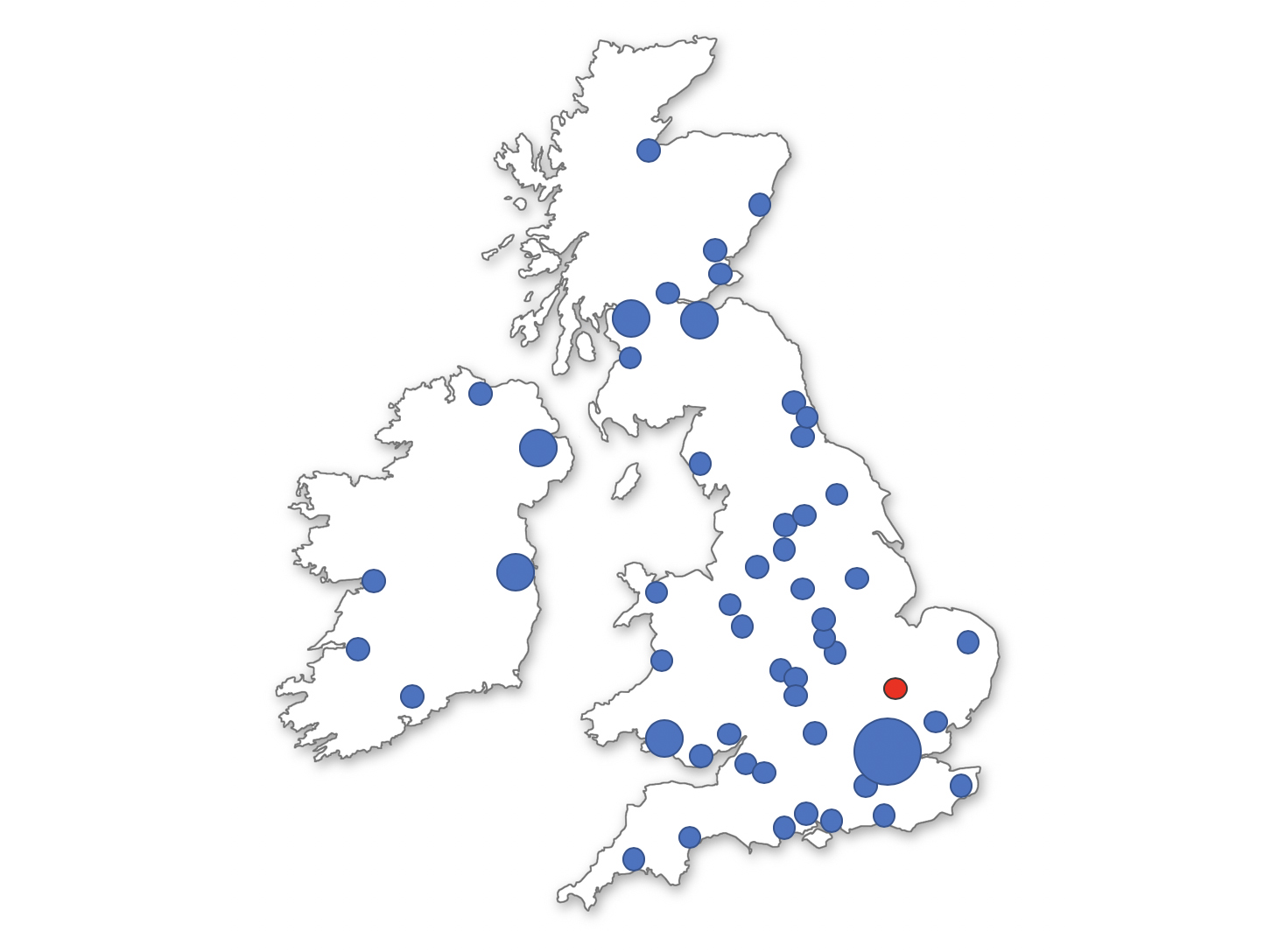
Open science should be boosted in 2020 as the number of journals with research data policies increases as a result of collective action by publishers, who are being encouraged to adopt a new common framework for journal data policies.
This article argues it is irresponsible to support research but not data stewardship.
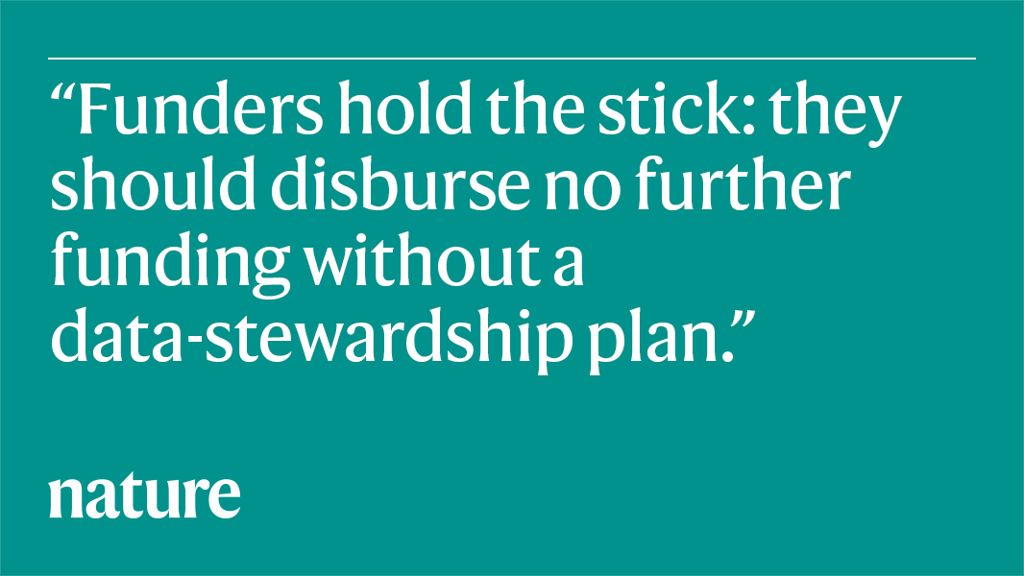
This article proposes measures and policies which can be adopted by journals and publishers to promote good practices in data sharing.
Science is built on trust. Trust that your experiments will work. Trust in your collaborators to pull their weight. But most importantly, trust that the data we so painstakingly collect are accurate and as representative of the real world as they can be. And so when I realized that I could no longer trust the data that I had reported in some of my papers, I did what I think is the only correct course of action. I retracted them.
Science Europe's report addresses requirements for data management plans (DMPs), how they should be updated and whether new ones need to be developed.
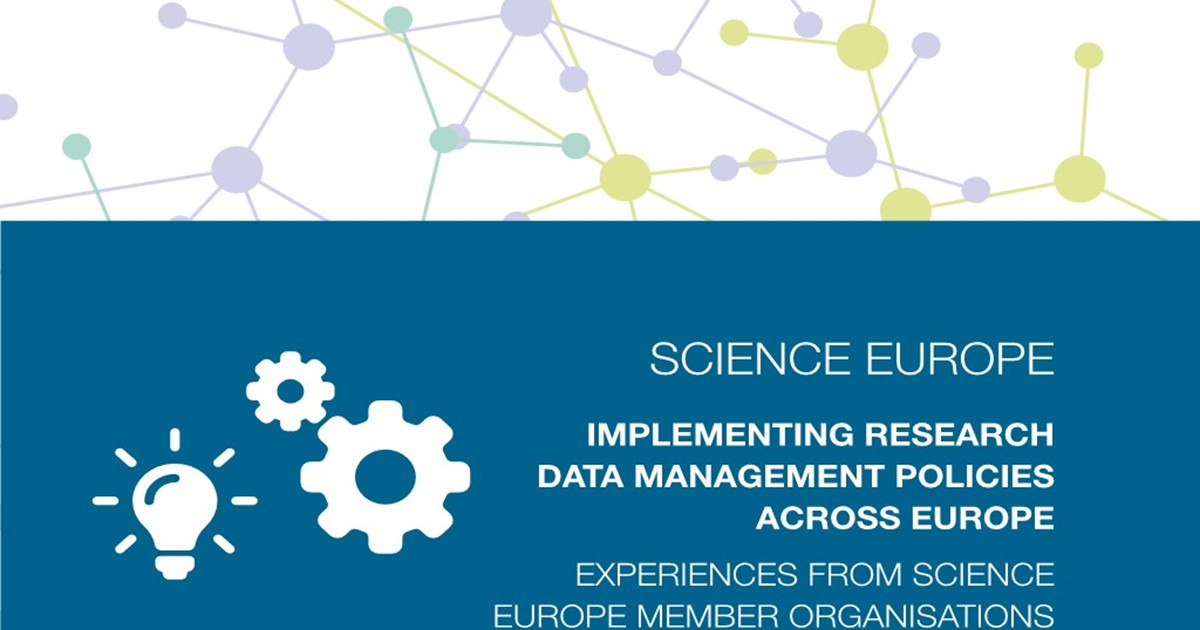
The European Open Science Cloud, an enormous repository of research results that is due to go live later this year, will add new value to vast stores of unused data, Ursula von der Leyen, European Commission president pledged on Wednesday.

Here we present an anonymized version of the dataset that we collected in the quantitative phase of Wellcome's research on research culture. Additionally, we present a document detailing how the data was transformed to protect anonymity. We also present a flowchart that indicates how participants were guided to answer questions in the survey.

Approaches for assessing the costs and benefits of publishing scientific data in various repositories are evaluated. The article identifies metrics useful for the reporting of their data services.
Data stewardship encompasses all of the various tasks and responsibilities that relate to research data management throughout the entire research lifecycle. It has been discussed at the 14th RDA Plenary in Helsinki by research, industry and policy experts.
Draft update to 2003 policy of the National Institute of Health will require that all grantees make data sets freely available.

Addressing the most pressing contemporary social, environmental, and technological challenges will require integrating insights and sharing data across disciplines, geographies, and cultures. Strengthening international data sharing networks will not only demand advancing technical, legal, and logistical infrastructure for publishing data in open, accessible formats; it will also require recognizing, respecting, and learning to work across diverse data cultures. This essay introduces a heuristic for pursuing richer characterizations of the “data cultures” at play in international, interdisciplinary data sharing.
This article discusses how data citation has evolved over the last couple of decades and highlights issues that need more research and attention.
How did data get so big? Through political, social and economic interests, shows Sabina Leonelli.

Effective Research Data Management (RDM) is a key component of research integrity and reproducible research, and its importance is increasingly emphasised by funding bodies, governments, and research institutions around the world. However, many researchers are unfamiliar with RDM best practices, and research support staff are faced with the difficult task of delivering support to researchers across different disciplines and career stages. What strategies can institutions use to solve these problems? Engaging Researchers with Data Management is an invaluable collection of 24 case studies, drawn from institutions across the globe, that demonstrate clearly and practically how to engage the research community with RDM.
Sharing research data is increasingly becoming a real business. Today, we provide an overview this landscape and highlight several recent announcements that may indicate future strategic prospects.

Together with partners, the Rockefeller Foundation is working to improve access to data science tools for frontline health workers to prevent 6 million maternal and child deaths in 10 countries by 2030.
A new report summarises the results of a survey of European research funders on Open Access and Research Data policies, commissioned by SPARC Europe.
Article: Teaching Research Data Management for Students
The Research Data Alliance (RDA) and the Confederation of Open Access Repositories (COAR) are pleased to announce an agreement to work together to strengthen and expand capacities for research data management within the international data repository community.
While research data support units now exist in many universities, these are typically not able to provide discipline-specific expertise or resources. This article focuses on the Data Champion Programme at the University of Cambridge, which empowers discipline-specific expertise already embedded within each unit to advocate for good RDM and to deliver support locally.
Recent reports suggest that there has been an increase in the number of retractions and corrections of published articles due to post-publication detection of problematic data. Moreover, fraudulent data and sloppy science have long-term effects on the scientific literature and subsequent projects based on false and unreproducible claims. The JCI introduced several data screening checks for manuscripts prior to acceptance in an attempt to reduce the number of post-publication corrections and retractions, with the ultimate goal of increasing confidence in the published papers.
According to the latest data from the European University Association (EUA), only few higher education institutions have policies on research data management in place.
Hard-drive failures are inevitable, but data loss doesn't have to be.
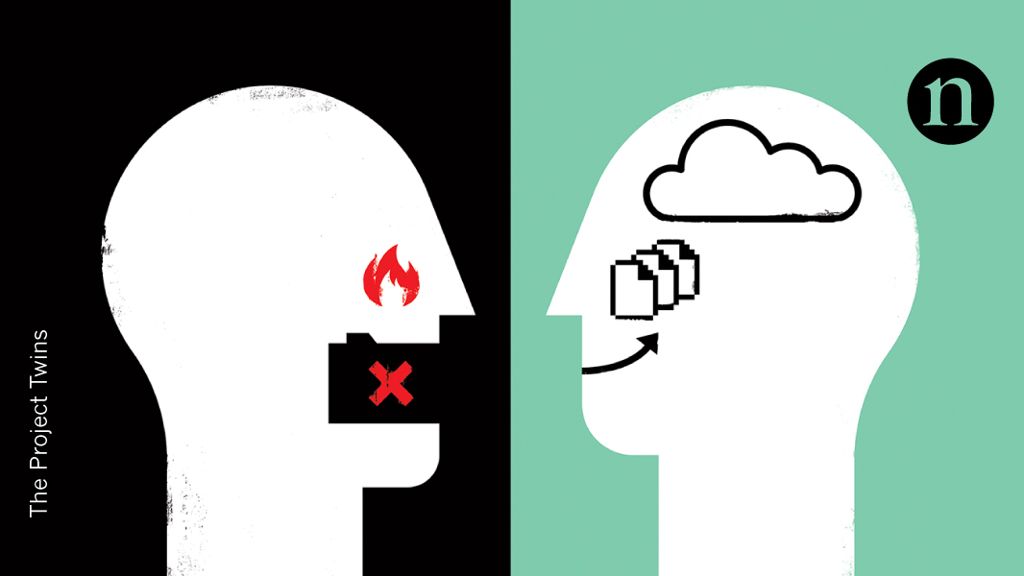
Data management plans can have thematic, machine-actionable richness with added value for all stakeholders: researchers, funders, repository managers, research administrators, data librarians, and others.
New guides for researchers and project coordinators will be presented during the webinar on 29 March 2019.
Access to expert commentary and insight - and an invitation to co-create the system of the future

Data Availability Statements are a powerful tool in promoting data sharing, but what does it take to include them in a journal workflow?
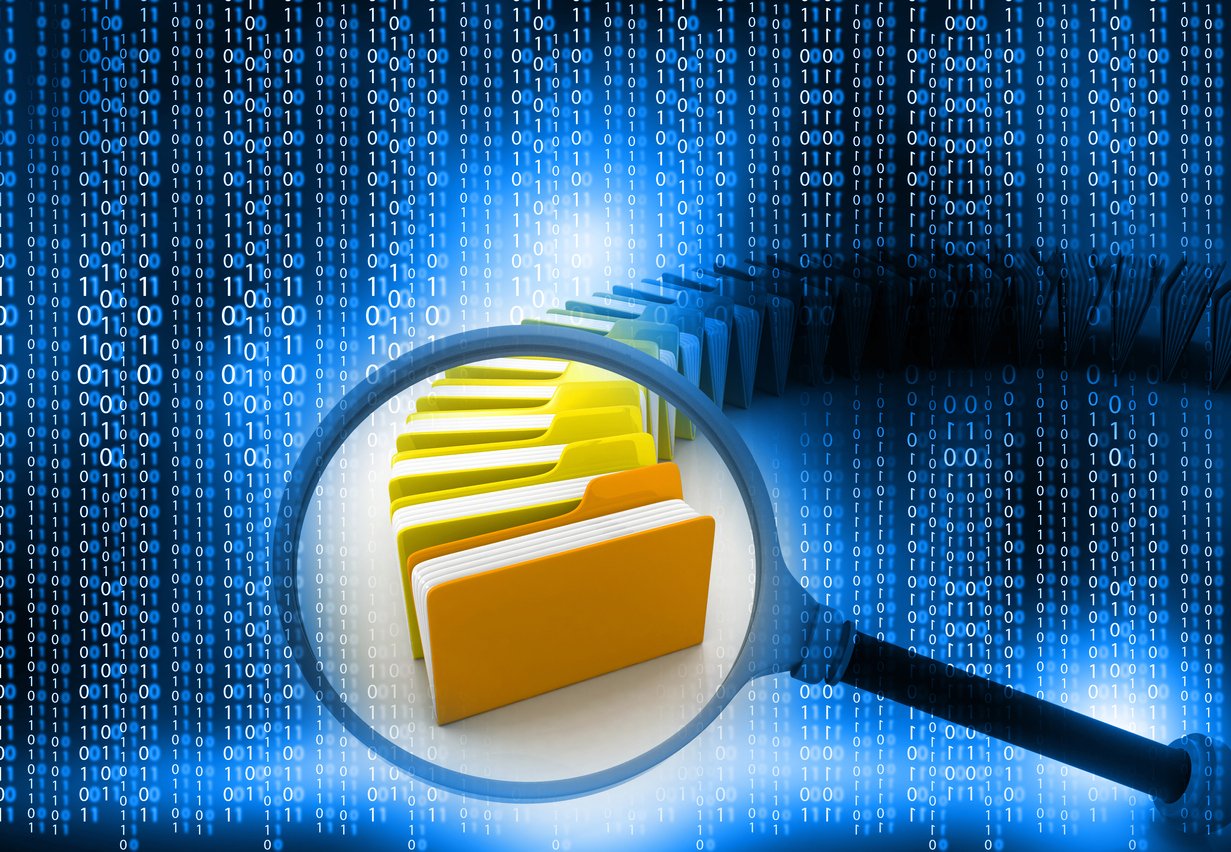
If we believe data should be valued like other research outputs, we must take action to achieve this. Supporting the open data movement means providing proper support for data citations.
